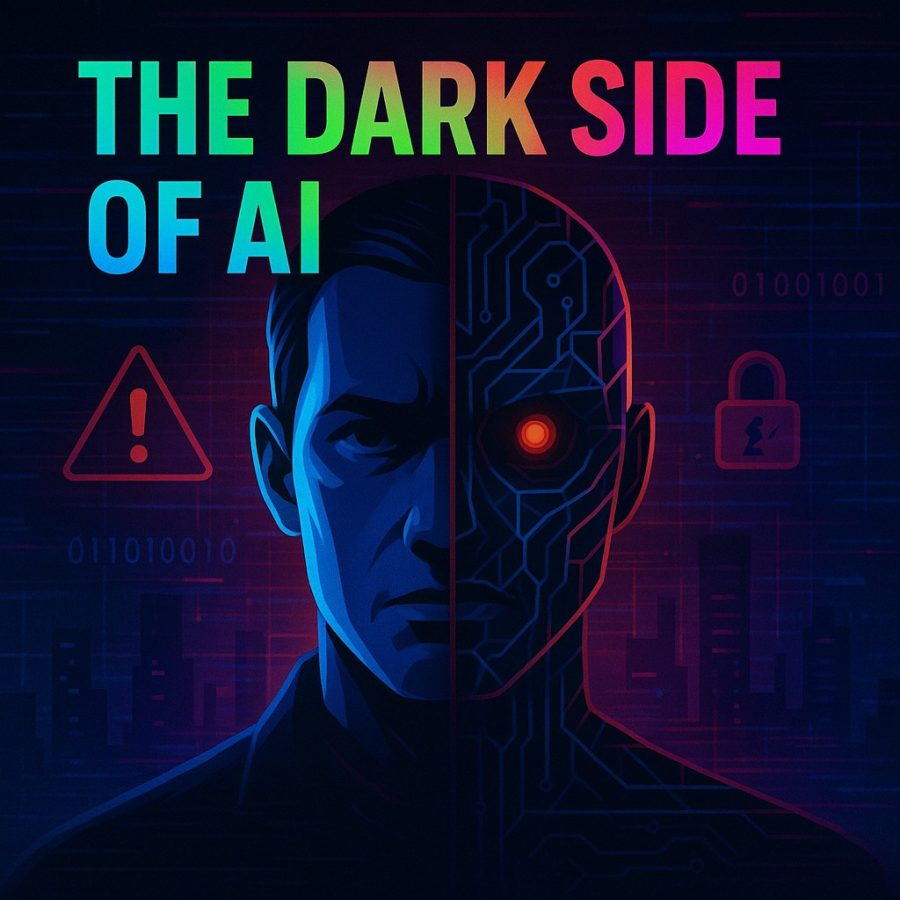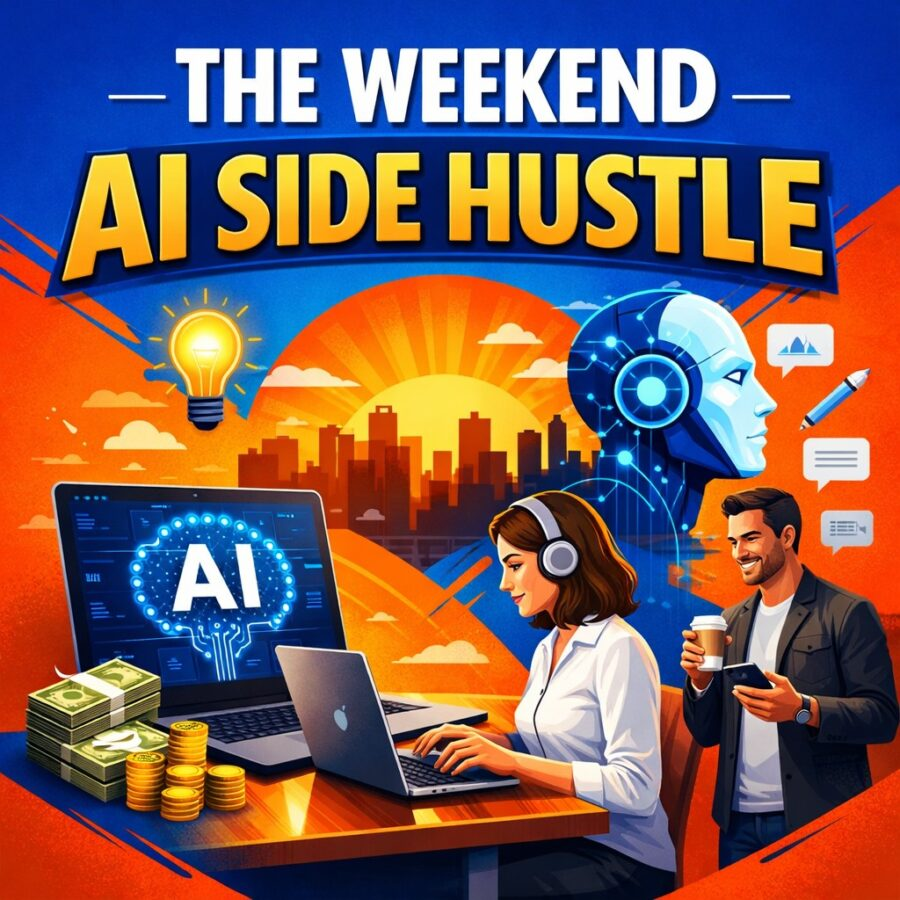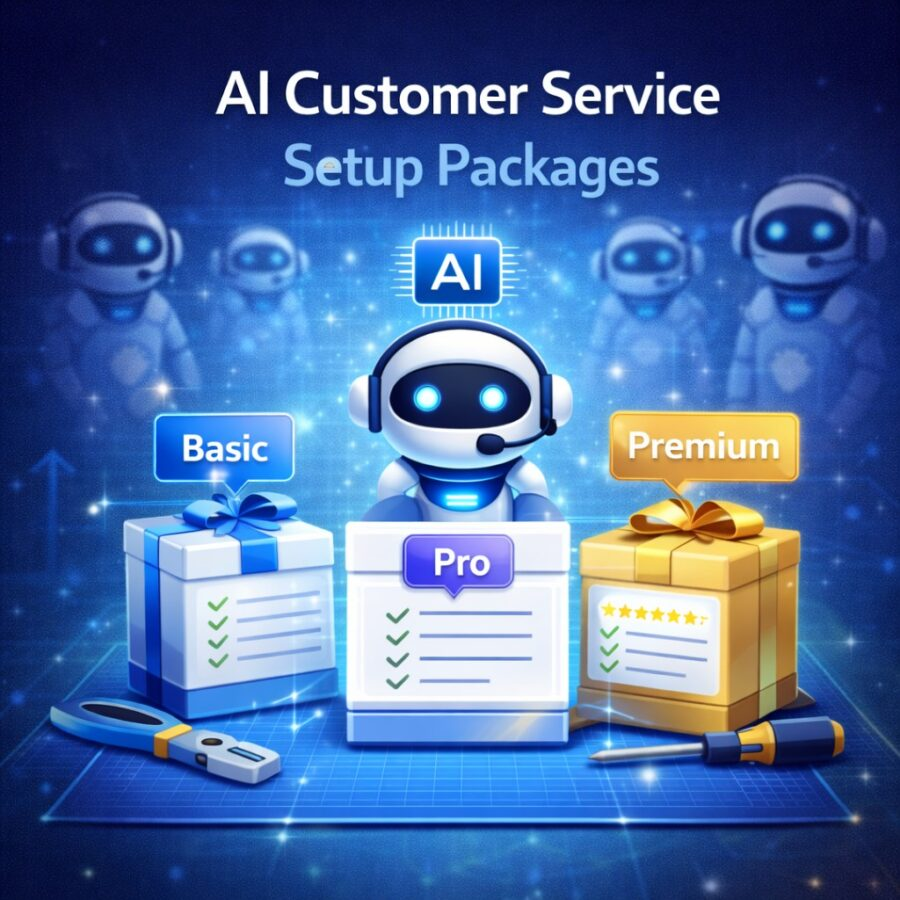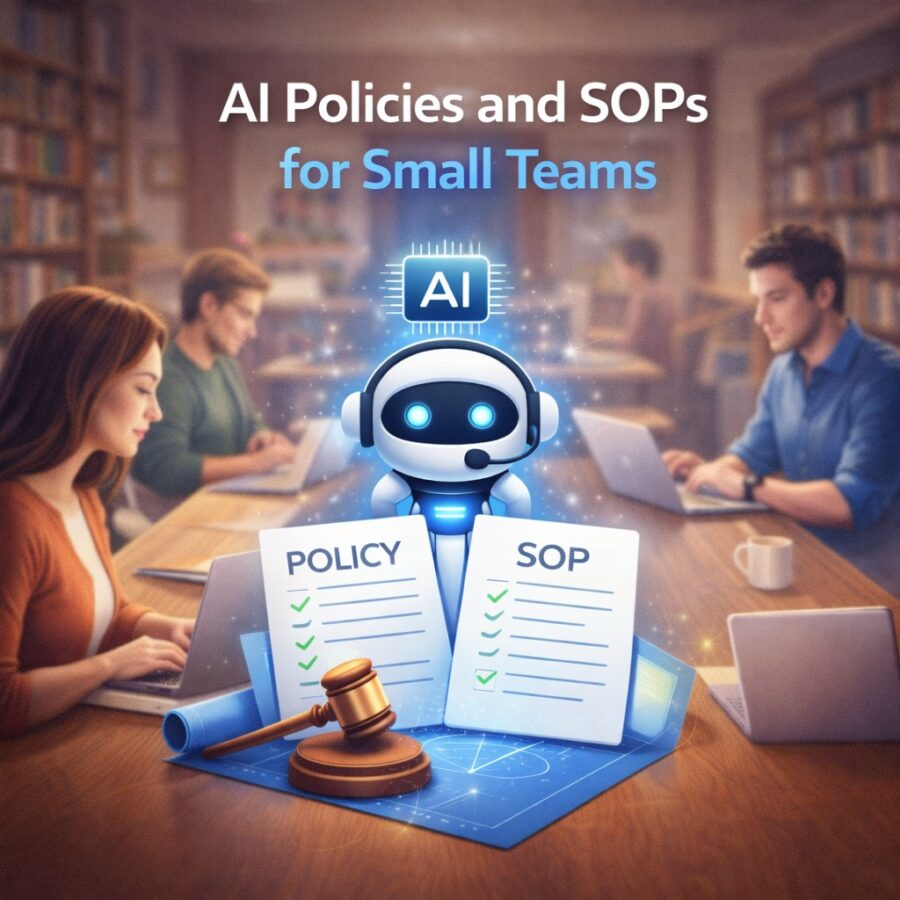Views: 1
Artificial intelligence is not just in your phone. It is in your car, your shopping cart, your smart fridge, and your search history. It is scanning your face at airports, predicting what song you want on Spotify, and suggesting who you might date on a Friday night. This reach is convenient. It feels futuristic. Yet behind the curtain is a growing concern that powers the The Dark Side of AI: Privacy Risks You Need to Know discussion.
AI collects, processes, and acts on unimaginable amounts of personal data. That data does not vanish into the ether. It sits in servers, is bought and sold, and is sometimes used in ways you would never expect. From facial recognition that knows when you yawn at a camera to predictive models that guess your mental health status, AI’s power cuts both ways.
This article will unpack, in 8,000 words, the risks of AI-powered surveillance, profiling, bias, and exploitation. We will dive into what you should know, what you should fear, and what you can do to reclaim some control. Strap in. Privacy may be the cost of convenience, but understanding the risks is the first step toward protecting yourself.
Why Privacy Is the Cornerstone of AI Ethics
Privacy used to mean closing your curtains and locking your diary. In the digital era, it means controlling who sees your data trail—your clicks, your conversations, your health records, and your face. AI complicates this.
Algorithms thrive on data. The more data they have, the smarter they become. This creates a natural tension: to get personalized services, you must share more. But with every gigabyte you share, you expose yourself to surveillance, manipulation, or breaches.
The The Dark Side of AI: Privacy Risks You Need to Know theme is that privacy is no longer a passive right. It is an active fight. Without it, AI turns from assistant to overseer.
Data Is the New Oil, but Oil Leaks
One of the most repeated metaphors in tech is “data is the new oil.” Companies mine it, refine it, and profit from it. Unlike oil, however, your data is not inert. It can predict your next purchase, identify your habits, and reveal your secrets.
The problem: data leaks. When oil leaks, beaches are polluted. When data leaks, identities are stolen, reputations are ruined, and people become vulnerable to fraud or harassment. AI-driven data collection makes these leaks more likely, because more data is stored, and stored longer, than ever before.
The Rise of AI Surveillance
Governments and corporations deploy AI surveillance in ways both subtle and overt.
- Facial Recognition Cameras: From shopping malls to city streets, cameras paired with AI identify individuals, track movements, and log behaviors.
- Behavioral Tracking: Retailers use AI to analyze foot traffic and predict what shoppers will buy next.
- Biometric Scans: Airports and border controls collect fingerprints, iris scans, and even gait recognition.
The The Dark Side of AI: Privacy Risks You Need to Know point here is that surveillance is no longer about “watching criminals.” It is about watching everyone, all the time, just in case.
Profiling and Targeting: When AI Knows Too Much
Advertising was once about billboards and jingles. Now it is about precision targeting. AI builds detailed profiles of users, predicting what you might buy, who you might vote for, and even what mood you are in.
- Consumer Profiling: AI scrapes your browsing habits, location data, and purchase history to serve hyper-targeted ads.
- Political Influence: Microtargeting campaigns exploit AI insights to deliver personalized political messages designed to sway undecided voters.
- Health Inference: Algorithms can guess if you are depressed, pregnant, or ill based on online behavior, often before you know yourself.
This profiling is powerful but invasive. It makes the line between personalization and manipulation razor-thin.
The Breach Problem: Hackers Love AI Data
Hackers adore centralized AI systems because they hold troves of valuable information. Health databases, facial recognition logs, and biometric scans are honey pots. Unlike a stolen credit card that can be canceled, stolen biometric data—like your face or fingerprints—cannot be changed.
The The Dark Side of AI: Privacy Risks You Need to Know here is permanence. Once biometric data is compromised, it is compromised forever. Hackers can exploit it for fraud, impersonation, or even deepfake creation.
Deepfakes: Privacy’s New Nightmare
Deepfakes are AI-generated videos or images that replace one person’s face or voice with another’s. While some are harmless fun, many are malicious.
- Non-consensual Images: Victims find their faces inserted into explicit content.
- Political Deception: Deepfakes simulate world leaders making statements they never said.
- Fraud: Voice deepfakes trick employees into wiring money after “hearing” a CEO’s voice.
For privacy, this is devastating. Your likeness is no longer yours. AI can replicate you without permission, eroding identity ownership.
AI Bias and Discrimination: Privacy Meets Prejudice
Data is not neutral. If training sets reflect social biases, AI perpetuates them. Facial recognition often misidentifies women and people of color at higher rates. Predictive policing disproportionately targets minority communities. Hiring algorithms can reject applicants based on gendered or racial markers in resumes.
Privacy and bias intersect because marginalized groups often cannot opt out of these systems. They are surveilled more, misclassified more, and discriminated against more.
The Corporate Data Hunger
Corporations want to know everything: what you buy, how you sleep, what your heartbeat looks like. Fitness trackers, smart fridges, and voice assistants all harvest personal information.
The The Dark Side of AI: Privacy Risks You Need to Know lesson is that convenience is rarely free. That free app is selling your location. That fitness tracker is selling your heart rate. Every “smart” feature is a trade-off, with your privacy as currency.
Smart Homes Are Not So Smart About Privacy
Your thermostat knows when you are home. Your doorbell records your visitors. Your TV listens for commands but may also listen when you are not speaking to it.
AI in smart homes brings comfort, but it also builds a detailed map of your private life. When you sleep, what shows you watch, who comes to your house—all logged and sometimes shared with third parties.
Children and AI: The Next Frontier of Privacy Risks
Children grow up surrounded by AI. Educational apps, interactive toys, and even AI tutors gather data from them.
The risk is twofold:
- Children cannot consent meaningfully to data collection.
- Data gathered about children today may follow them for life, shaping opportunities and risks in adulthood.
This makes protecting youth privacy in AI not just a moral obligation but a societal necessity.
Health Data: The Most Sensitive of All
AI-driven healthcare is powerful, but it is also risky. Your health records, genetic markers, and even fitness logs can be sold, misused, or leaked. Insurers may adjust rates based on inferred risk. Employers may avoid hiring people flagged with “future health costs.”
The The Dark Side of AI: Privacy Risks You Need to Know in healthcare is that while AI saves lives, it also builds databases that expose your most intimate vulnerabilities.
The Workplace and AI Monitoring
Employees are not safe either. Many workplaces now deploy AI to track productivity. Keyloggers, camera monitoring, and even sentiment analysis on emails evaluate staff.
This creates a chilling environment where privacy is secondary to performance metrics. Workers may never know how much of their behavior is being logged, analyzed, or judged.
International Concerns: AI Privacy Across Borders
Different countries treat AI privacy differently. The EU enforces strict regulations like GDPR, while other nations allow more corporate freedom. This creates a patchwork where your data might be protected in one region but vulnerable in another.
Globalized AI systems mean your data rarely stays within borders. A photo uploaded in New York might be processed in Beijing and stored in Dublin. Jurisdiction becomes blurred, and accountability weakens.
The Social Media Privacy Trap
Social media thrives on AI recommendation systems. These algorithms keep you scrolling, but they also collect vast amounts of behavioral data. Likes, comments, viewing times—everything is fodder for profiling.
The The Dark Side of AI: Privacy Risks You Need to Know in social media is that even when you think you are being private, AI is quietly building a dossier of your digital self.
Defense: What You Can Do
While the risks are real, individuals are not powerless. Here are practical steps:
- Limit Permissions: Only grant apps the minimum data they need.
- Use Encrypted Services: Opt for messaging apps with end-to-end encryption.
- Invest in VPNs: Hide your browsing from trackers.
- Audit Smart Devices: Disable unnecessary features.
- Advocate: Support laws that regulate data collection and enforce AI transparency.
The Future of AI Privacy
Looking ahead, the risks will intensify. Brain-computer interfaces could expose thoughts. Emotion-recognition AI may predict feelings you do not want shared. Quantum computing may break current encryption.
But alongside these risks will come stronger tools for defense: AI that polices AI, decentralized storage systems, and stricter global regulations. The battle will be ongoing, but awareness is the strongest weapon you have.
Conclusion
The The Dark Side of AI: Privacy Risks You Need to Know story is not one of doom, but of vigilance. AI has incredible potential, but its hunger for data makes it dangerous when left unchecked. From surveillance cameras that watch your face to algorithms that guess your secrets, the risks are tangible.
Protecting privacy requires effort, education, and advocacy. The future is not about rejecting AI but about demanding systems that respect personal boundaries.
AI may never stop wanting your data, but with knowledge and pressure, society can make sure it does not take more than you are willing to give.






